Quan Zhao
Large Model Agents: State-of-the-Art, Cooperation Paradigms, Security and Privacy, and Future Trends
Sep 22, 2024



Abstract:Large Model (LM) agents, powered by large foundation models such as GPT-4 and DALL-E 2, represent a significant step towards achieving Artificial General Intelligence (AGI). LM agents exhibit key characteristics of autonomy, embodiment, and connectivity, allowing them to operate across physical, virtual, and mixed-reality environments while interacting seamlessly with humans, other agents, and their surroundings. This paper provides a comprehensive survey of the state-of-the-art in LM agents, focusing on the architecture, cooperation paradigms, security, privacy, and future prospects. Specifically, we first explore the foundational principles of LM agents, including general architecture, key components, enabling technologies, and modern applications. Then, we discuss practical collaboration paradigms from data, computation, and knowledge perspectives towards connected intelligence of LM agents. Furthermore, we systematically analyze the security vulnerabilities and privacy breaches associated with LM agents, particularly in multi-agent settings. We also explore their underlying mechanisms and review existing and potential countermeasures. Finally, we outline future research directions for building robust and secure LM agent ecosystems.
GRecX: An Efficient and Unified Benchmark for GNN-based Recommendation
Dec 03, 2021
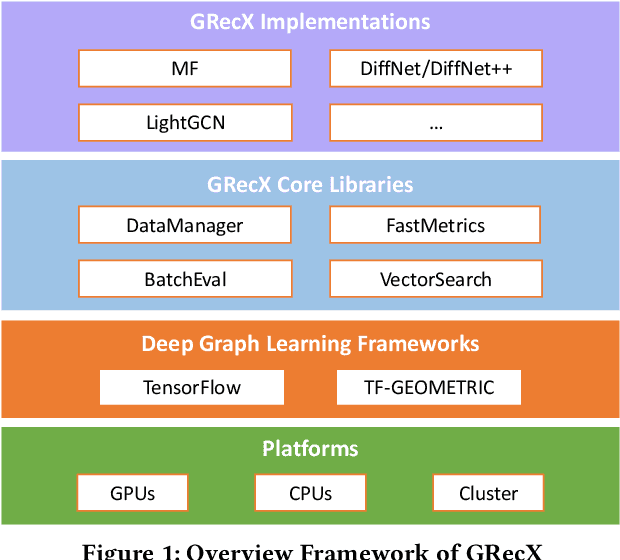

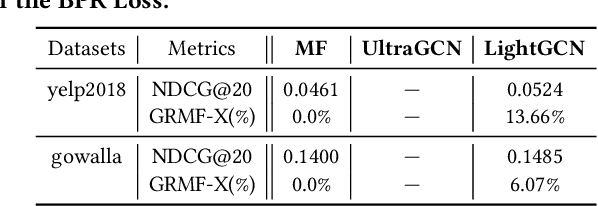
Abstract:In this paper, we present GRecX, an open-source TensorFlow framework for benchmarking GNN-based recommendation models in an efficient and unified way. GRecX consists of core libraries for building GNN-based recommendation benchmarks, as well as the implementations of popular GNN-based recommendation models. The core libraries provide essential components for building efficient and unified benchmarks, including FastMetrics (efficient metrics computation libraries), VectorSearch (efficient similarity search libraries for dense vectors), BatchEval (efficient mini-batch evaluation libraries), and DataManager (unified dataset management libraries). Especially, to provide a unified benchmark for the fair comparison of different complex GNN-based recommendation models, we design a new metric GRMF-X and integrate it into the FastMetrics component. Based on a TensorFlow GNN library tf_geometric, GRecX carefully implements a variety of popular GNN-based recommendation models. We carefully implement these baseline models to reproduce the performance reported in the literature, and our implementations are usually more efficient and friendly. In conclusion, GRecX enables uses to train and benchmark GNN-based recommendation baselines in an efficient and unified way. We conduct experiments with GRecX, and the experimental results show that GRecX allows us to train and benchmark GNN-based recommendation baselines in an efficient and unified way. The source code of GRecX is available at https://github.com/maenzhier/GRecX.
Efficient Graph Deep Learning in TensorFlow with tf_geometric
Jan 27, 2021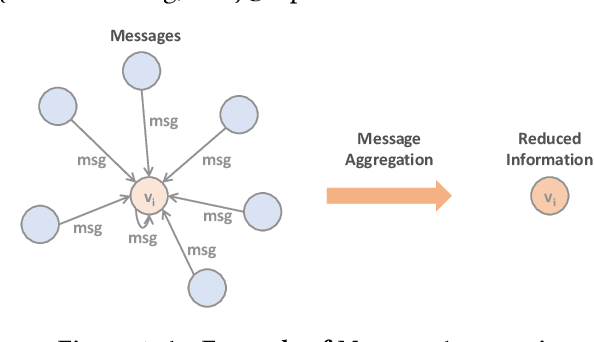
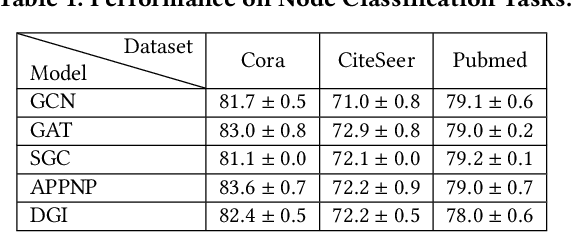

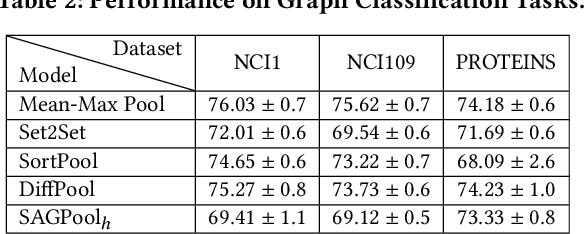
Abstract:We introduce tf_geometric, an efficient and friendly library for graph deep learning, which is compatible with both TensorFlow 1.x and 2.x. tf_geometric provides kernel libraries for building Graph Neural Networks (GNNs) as well as implementations of popular GNNs. The kernel libraries consist of infrastructures for building efficient GNNs, including graph data structures, graph map-reduce framework, graph mini-batch strategy, etc. These infrastructures enable tf_geometric to support single-graph computation, multi-graph computation, graph mini-batch, distributed training, etc.; therefore, tf_geometric can be used for a variety of graph deep learning tasks, such as transductive node classification, inductive node classification, link prediction, and graph classification. Based on the kernel libraries, tf_geometric implements a variety of popular GNN models for different tasks. To facilitate the implementation of GNNs, tf_geometric also provides some other libraries for dataset management, graph sampling, etc. Different from existing popular GNN libraries, tf_geometric provides not only Object-Oriented Programming (OOP) APIs, but also Functional APIs, which enable tf_geometric to handle advanced graph deep learning tasks such as graph meta-learning. The APIs of tf_geometric are friendly, and they are suitable for both beginners and experts. In this paper, we first present an overview of tf_geometric's framework. Then, we conduct experiments on some benchmark datasets and report the performance of several popular GNN models implemented by tf_geometric.
 Add to Chrome
Add to Chrome Add to Firefox
Add to Firefox Add to Edge
Add to Edge